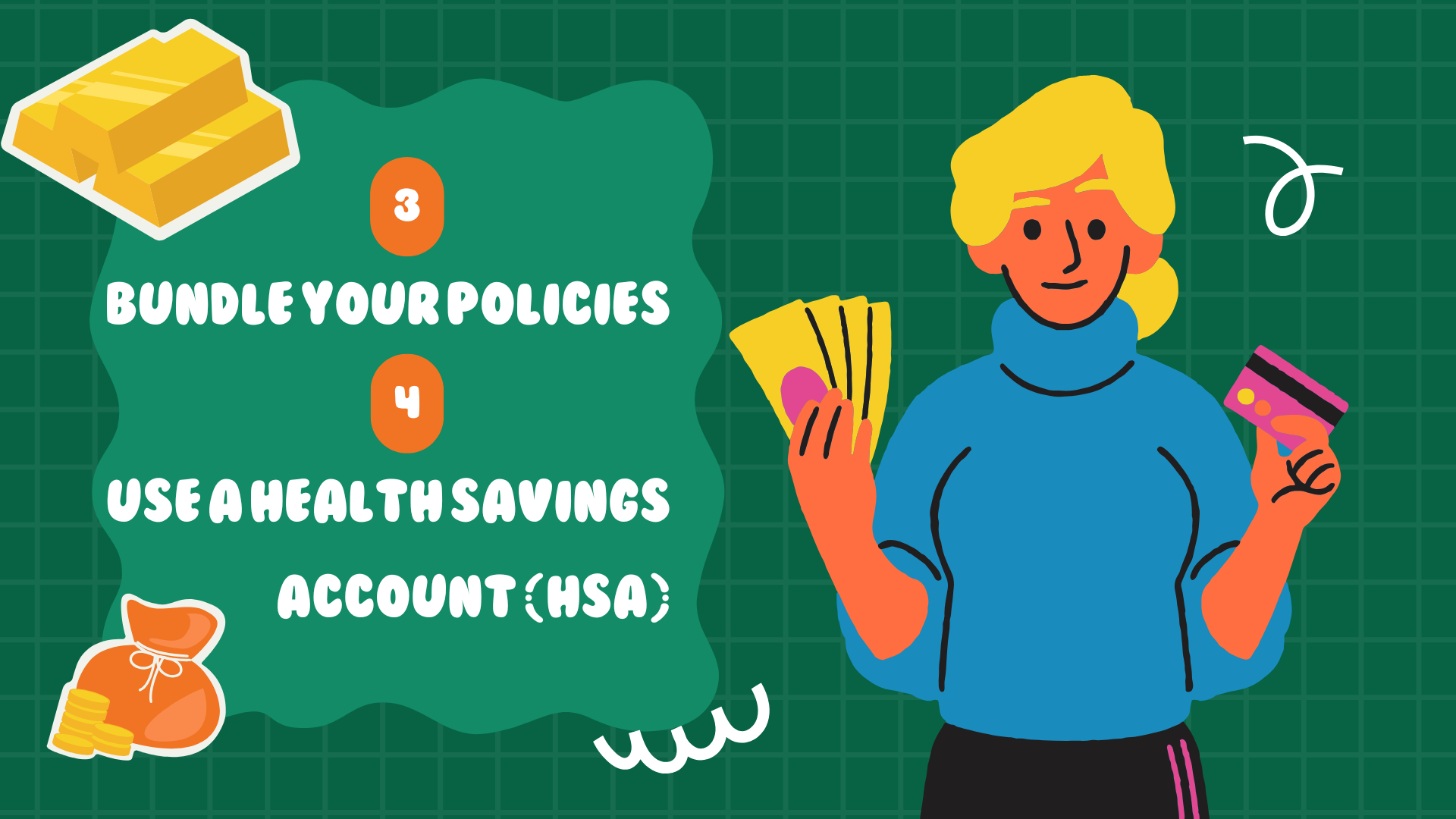Smart Money Moves: Securing Your Finances Early Through Insurance
Starting early is one of the most powerful financial decisions you can make. Whether you're in your 20s, just beginning your career, or entering your 30s with more responsibilities, building financial security early lays the foundation for a stable and worry-free future. One of the often-overlooked ways to save money and grow wealth is through insurance. Here are practical tips to help you save money and protect your financial future from an insurance perspective.
1. Start Young: Lock in Lower Premiums
Insurance premiums are typically based on age and health. The younger and healthier you are, the less you’ll pay. Buying life, health, or disability insurance early can secure long-term coverage at a much lower rate, saving you thousands over time.
📌 Tip: Consider term life insurance in your 20s to cover debts, protect family members, and lock in low rates.
2. Choose the Right Coverage, Not the Cheapest One
Many people opt for the lowest-priced insurance plan, assuming all policies are the same. However, inadequate coverage can lead to massive out-of-pocket costs in emergencies. Always compare coverage limits, deductibles, and benefits—not just monthly premiums.
📌 Tip: Work with a licensed insurance advisor who can guide you to cost-effective plans that still offer comprehensive protection.
3. Bundle Your Policies
Many insurance companies offer discounts if you purchase multiple policies from them—like combining auto and renters insurance. Bundling not only simplifies management but can result in significant annual savings.
📌 Tip: Ask providers about multi-policy or loyalty discounts.
4. Use a Health Savings Account (HSA)
If you have a high-deductible health plan, an HSA allows you to save money tax-free for medical expenses. It’s an excellent way to prepare for future health costs while gaining a tax advantage.
📌 Tip: Use HSA funds wisely—save them for large medical expenses or even retirement healthcare needs.
5. Don’t Rely Solely on Employer Insurance
Employer-provided insurance often ends when you leave a job. Having individual insurance ensures continuity of coverage. Plus, you can customize it to your needs, without depending on employment status.
📌 Tip: Use your employer plan as a foundation, but supplement it with personal policies.
6. Review and Update Your Policies Regularly
As your life evolves—new job, marriage, or having children—your insurance needs will change. Reviewing your policies annually ensures you’re not underinsured or overpaying.
📌 Tip: Set a calendar reminder to review policies every 12 months or after major life events.
7. Build a Safety Net with Disability and Critical Illness Insurance
Disability and critical illness insurance are often overlooked, yet they’re crucial for financial protection. These policies can replace your income or cover large medical bills if you become unable to work.
📌 Tip: Young professionals should explore long-term disability insurance early, especially if they are the main income earners.
Final Thoughts
Building financial stability isn’t just about earning more—it’s about protecting what you already have. Insurance provides a crucial safety net that allows your savings and investments to grow without disruption. By taking action early, you gain peace of mind and save money in the long run.
At WSB Hawaii, we help individuals and families create smarter financial plans with the right protection strategies. Want to start your journey toward financial security?
👉 Schedule a free consultation today
Disclaimer: This article is for informational purposes only and does not constitute professional financial or insurance advice. Please consult with a licensed advisor to assess your individual needs.




